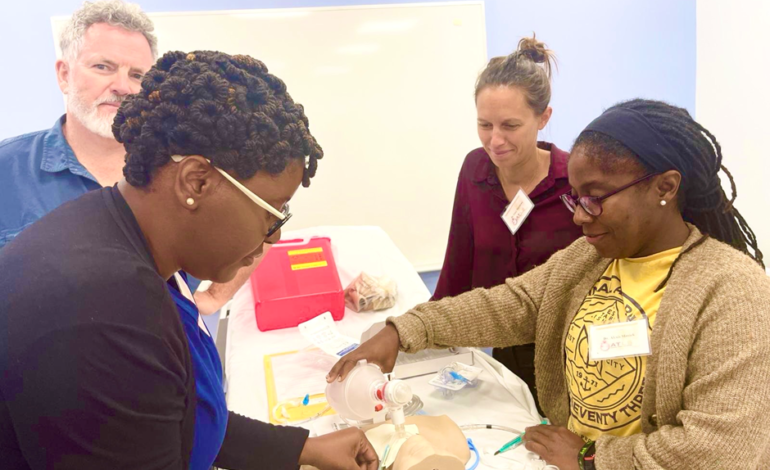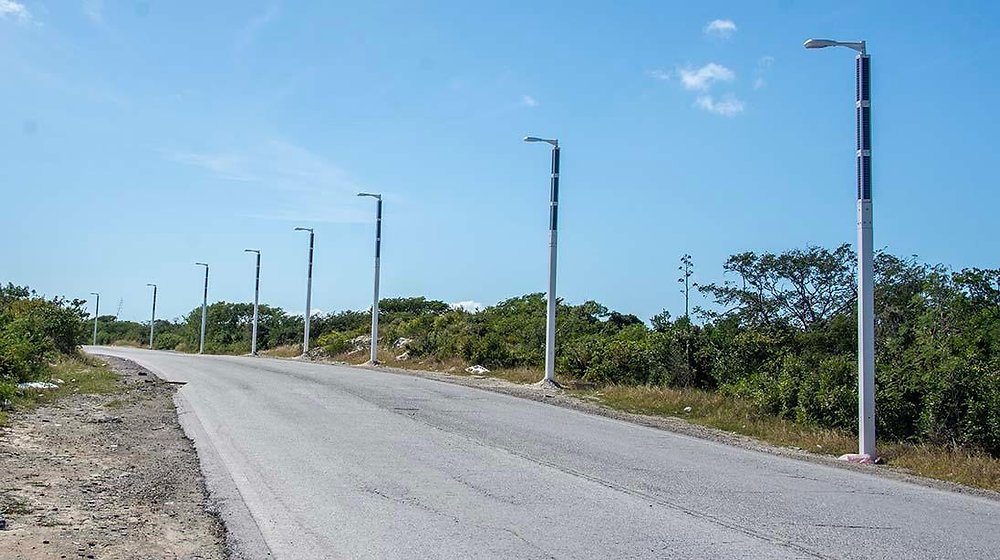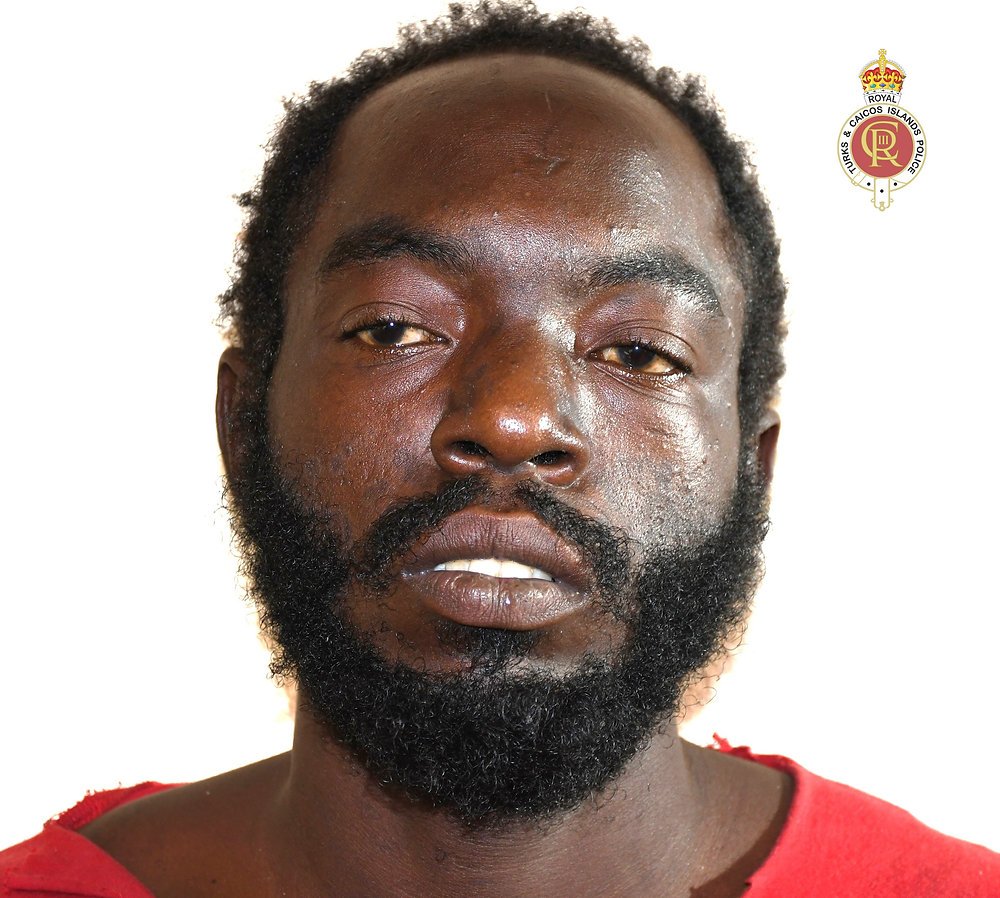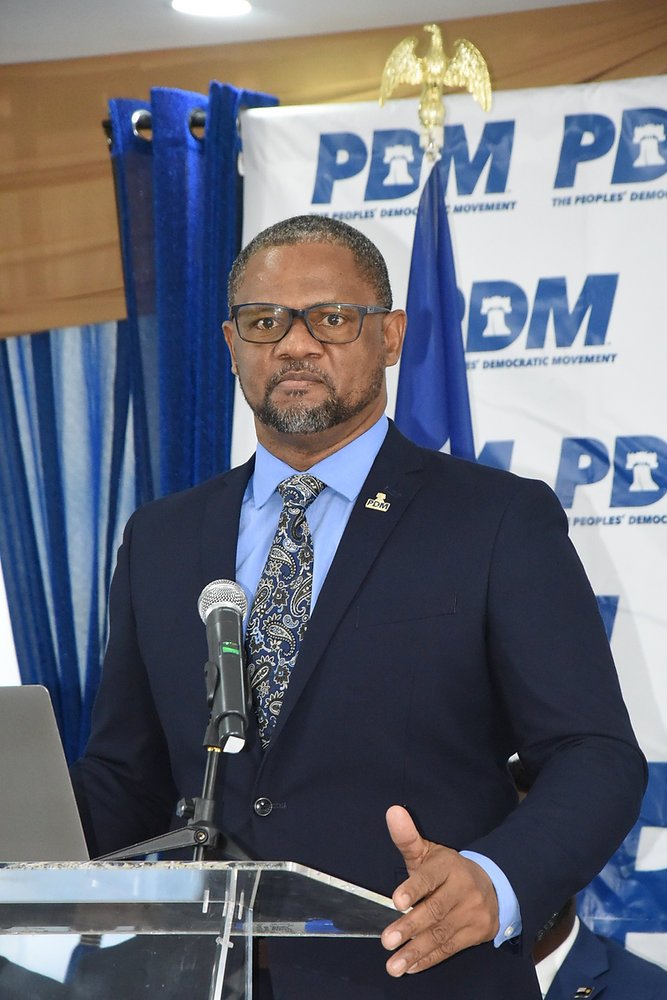31 Turks & Caicos Healthcare Professionals Upskilled In Advanced Trauma Life Support Certification

In a groundbreaking development for healthcare in the Turks and Caicos Islands, over three dozen healthcare professionals have undergone upskilling in emergency trauma care through Advanced Trauma Life Support (ATLS) certification—a first for the territory and a pivotal step towards enhancing medical preparedness and response capabilities.
Trauma care in emergency medicine encompasses the critical stabilization and treatment of patients with severe injuries or life-threatening conditions, including gunshot wounds, limb injuries, crush injuries, and stab wounds. The significance of such training cannot be overstated, particularly in environments where resources and medical staff may be limited.
The genesis of ATLS dates back to 1976, spurred by a tragic plane crash incident that exposed the dire need for standardized trauma care protocols. The course equips medical professionals with fundamental skills to effectively manage acute trauma cases, even in settings with minimal staffing. With a focus on prioritizing critical interventions, ATLS empowers healthcare teams to optimize patient outcomes and increase the likelihood of survival, often operating with just a doctor-nurse duo.
For the Turks and Caicos Islands, characterized by small hospitals and isolated communities, the demand for such training is acute. Health officials have underscored the imperative of bolstering emergency trauma care capabilities, citing physician shortages and logistical barriers to accessing critical training resources.
Responding to this urgent need, the Hamilton Education Foundation, in collaboration with Massachusetts General Hospital and the American College of Surgeons, orchestrated a Hybrid Advanced Trauma Life Support (ATLS) Demo for 31 doctors in the Turks and Caicos Islands on May 22nd and 23rd, 2024. Led by Professor Susan Briggs, the foundation lauded the course as a historic milestone, marking the first-ever ATLS program conducted outside the United States.
Describing the initiative as vital for enhancing healthcare delivery and saving lives amidst escalating injury rates, the training received resounding support from stakeholders across the healthcare spectrum, including the Ministry of Health, TCI Hospital, and the private sector. Notably, with a surge in gunshot injuries observed in recent years, the need for comprehensive trauma care training is increasingly apparent.
While the direct impact of ATLS on mortality rates may be challenging to quantify, studies have affirmed its efficacy in enhancing medical knowledge, practical skills, and critical decision-making in trauma management. Rufus Ewing, Former Premier and Executive Chairman of the Hamilton Education Foundation, emphasized the initiative’s alignment with the foundation’s mission to advance medical education and improve access to quality healthcare services in the Turks and Caicos Islands.
As the healthcare landscape continues to evolve, investments in specialized training programs like ATLS are essential for fortifying the resilience and responsiveness of healthcare systems, ultimately safeguarding the well-being of communities and saving lives in times of crisis.





